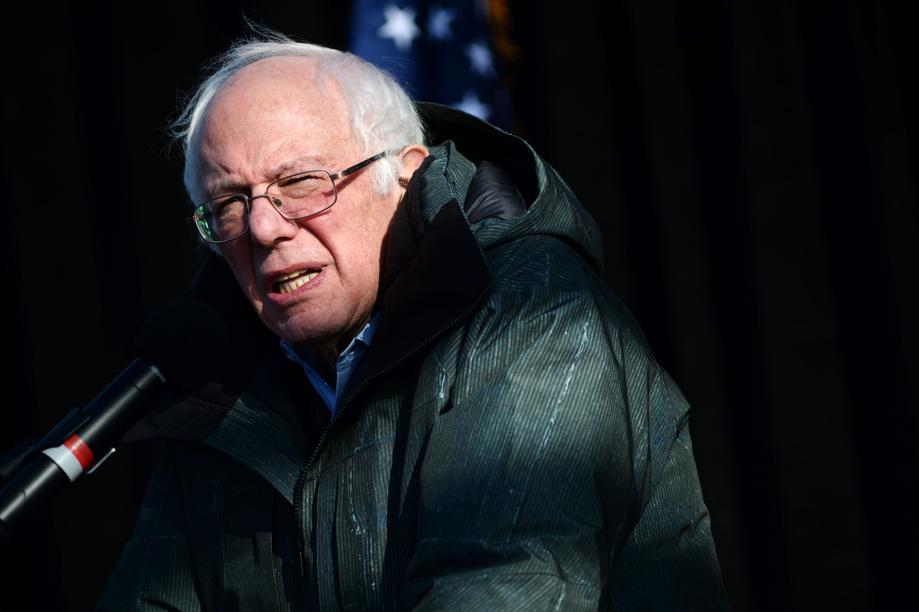
WASHINGTON — President-elect Donald Trump said in a weekend interview that he is nearing completion of a plan to replace President Obama’s signature health care law with the goal of ‘‘insurance for everybody,’’ while also vowing to force drug companies to negotiate directly with the government on prices in Medicare and Medicaid.
Trump declined to reveal specifics in the telephone interview late Saturday, but any proposals from the incoming president would almost certainly dominate the Republican effort to overhaul federal health policy as he prepares to work with his party’s congressional majorities.
Trump’s plan will probably face questions from the right, following years of GOP opposition to further expansion of government involvement in the health care system, and from those on the left, who see his ideas as disruptive to changes brought by the Affordable Care Act that have extended coverage to tens of millions of Americans.
In addition to his replacement plan for the health law, Trump said he will target pharmaceutical companies over drug prices and demand that they negotiate directly with Medicaid and Medicare.
‘‘They’re politically protected, but not anymore,’’ he said of pharmaceutical companies.
The objectives of broadening access to insurance and lowering health care costs have always been in conflict, and it remains unclear how the plan that the incoming administration is designing — or ones that will emerge on Capitol Hill — will address that tension.
In general, congressional GOP plans to replace the health care law have tended to try to constrain costs by reducing government requirements, such as the medical services that must be provided under health plans sold through the law’s marketplaces and through state Medicaid programs. House Speaker Paul Ryan of Wisconsin and other Republicans have been talking lately about providing ‘‘universal access’’ to health insurance, instead of universal insurance coverage.
Trump’s declaration came as thousands of people showed up in freezing temperatures Sunday in Michigan to hear Senator Bernie Sanders denounce Republican efforts to repeal the law, one of dozens of rallies across the country organized to highlight opposition.
“This is the wealthiest country in the history of the world. It is time we got our national priorities right,’’ the senator said.
Lisa Bible, 55, of Bancroft, Mich., said she has an autoimmune disease and high cholesterol. She worries that if the existing law is repealed her family might get stuck with her bills.
‘‘I’m going to get really sick, and my life will be at risk,’’ said Bible, an online antique dealer.
The law has delivered health coverage to about 20 million people but is saddled with problems such as rapidly rising premiums and large copayments.
Trump said he expects Republicans in Congress to move quickly and in unison in the coming weeks on other priorities as well, including enacting sweeping tax cuts and beginning the building of a wall along the US-Mexico border.
Trump warned Republicans that if the party splinters or slows his agenda, he is ready to use the power of the presidency — and Twitter — to usher his legislation to passage.
‘‘The Congress can’t get cold feet because the people will not let that happen,’’ Trump said during the phone interview.
Trump said his plan for replacing most aspects of Obama’s health care law is all but finished. Although he was coy about its details — ‘‘lower numbers, much lower deductibles’’ — he said he is ready to unveil it alongside Ryan and Senate majority leader Mitch McConnell, a Kentucky Republican.
‘‘It’s very much formulated down to the final strokes. We haven’t put it in quite yet but we’re going to be doing it soon,’’ Trump said. He noted that he is waiting for his nominee for secretary of health and human services, Representative Tom Price, a Georgia Republican, to be confirmed. That confirmation rests with the Senate Finance Committee, which has not yet scheduled a hearing.
Trump’s declaration that his replacement plan is ready comes after many Republicans — moderates and conservatives — expressed anxiety last week about the party’s lack of a formal proposal as they held votes on repealing the law.
Once made public, Trump said he is confident his plan could get enough votes to pass in both chambers but he declined to discuss how he would court wary Democrats.
So far, Republicans have used budget reconciliation — where only a majority is needed — on the initial steps to repeal the health law. Removing or replacing other parts of the law will probably require 60 votes to overcome Democratic filibusters. Republicans control the Senate 52 to 48.
►Thousands rally in Boston in favor of health law. B1.
Material from the Associated Press was included in this report.



